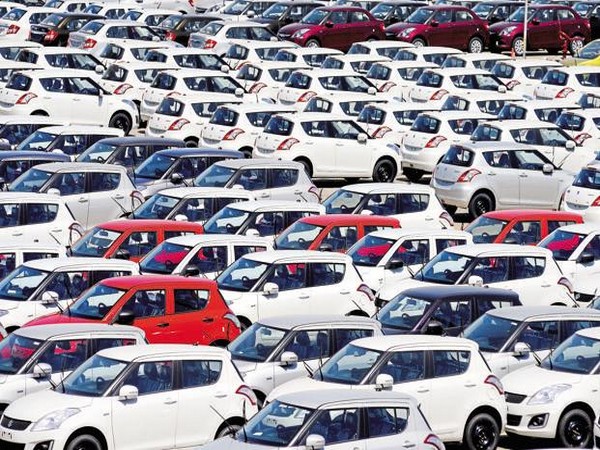New Delhi [India], June 10 (ANI): The Indian automobile industry is expected to face disruptions following China’s decision to tighten export controls on rare earth elements (REEs), which are critical in manufacturing chips used in automobiles, according to a report by Emkay Research.
The report mentioned that China, which accounts for over 70 per cent of global REE production and controls more than 90 per cent of refining capacity, imposed stricter export regulations on several REEs from April 2025, citing national security and non-proliferation concerns.
The report said “The licensing for exports has become significantly longer. These delays have led to supply uncertainty across sectors reliant on these critical inputs”.
It pointed out that electric passenger vehicles (E-PVs) and internal combustion engine passenger vehicles (ICE-PVs) are the most vulnerable within the Indian auto industry.
Electric vehicles (EVs), passenger vehicles (PVs), two-wheelers (2Ws), and commercial vehicles (CVs), in that order, are likely to face the maximum disruption.
High-performance EV motors, teh report said, require heavy rare earth elements (HREEs) such as dysprosium and terbium to maintain efficiency at high operating temperatures.
For electric two-wheelers (E-2Ws), magnets used in motors cost around Rs 150, while in PVs the cost varies from Rs 2,000 to Rs 24,000 depending on the features. However, the issue is not just about cost but the availability of these critical components and the limited options for alternative sourcing.
While ICE 2Ws and 3Ws remain relatively unaffected in the short term, E-2Ws that use permanent magnet synchronous motors (PMSMs) are more vulnerable because of their limited design flexibility.
As per report, while E-2Ws may undergo design changes in a short time (2-3 months), PVs and buses may require 6-12 months for complete motor redesigns due to stricter performance and space requirements.
According to the Society of Indian Automobile Manufacturers (SIAM), ICE-PV production could face cuts starting July 2025, while existing E-2W inventories may last only another 1 to 1.5 months unless alternative sourcing arrangements are made.
Although countries like Brazil and Australia hold substantial REE reserves, with Brazil alone having 20 per cent of global reserves, China continues to exert significant financial and operational control over many of these resources.
Chinese companies also hold stakes in Brazilian mines. In addition, while Vietnam and Malaysia host some refining capacity, they largely lack access to primary raw materials and remain dependent on China.
The tightening of export controls by China is likely to create ripple effects across the global supply chain, with India’s auto sector bracing for a challenging period ahead. (ANI)
Disclaimer: This story is auto-generated from a syndicated feed of ANI; only the image & headline may have been reworked by News Services Division of World News Network Inc Ltd and Palghar News and Pune News and World News
HINDI, MARATHI, GUJARATI, TAMIL, TELUGU, BENGALI, KANNADA, ORIYA, PUNJABI, URDU, MALAYALAM
For more details and packages











